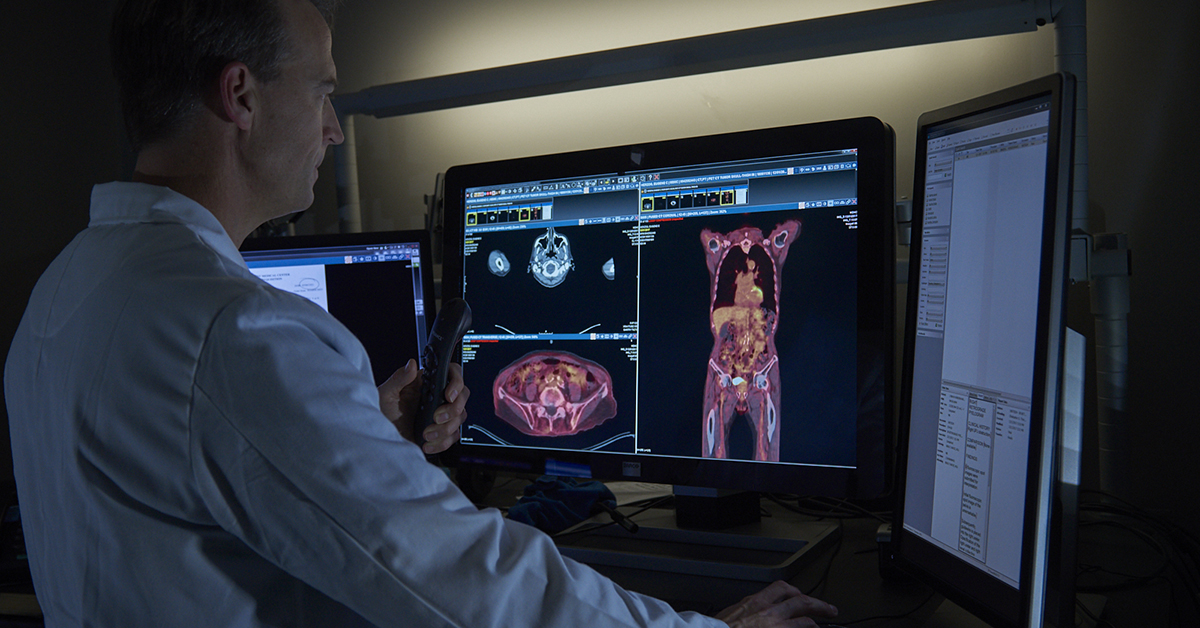
When it comes to imaging services, you want it done right — the first time. That is why physicians regularly choose the imaging services at Missouri Baptist Medical Center.
This includes technologically advanced imaging equipment, quick and convenient scheduling (including same-day service when possible) and the expertise of our board-certified radiologists.
As a leading provider of imaging services in St. Louis, MoBap is accredited by the American College of Radiology in CT, MRI, Nuclear Medicine, PET and Ultrasound.
We're about excellence
The interpretation of imaging results matters as much as the quality of the images themselves. That's way at Missouri Baptist, your X-rays, CT and MRI images are read by highly-skilled radiologists with advanced training and expertise in diagnosing specific conditions, such as cancer and other diseases. Our large team of board-certified and fellowship-trained radiologists include physicians in specialized areas:
- Neuro Radiology
- Interventional Radiology
- Nuclear Radiology
- Mammography
- Musculoskeletal Radiology
- Pediatric Radiology
- Body Imaging
We're about technology
Missouri Baptist Medical Center offers:
- Timely Treatment Planning — Your radiologist should be an active partner in your medical care. After your scans are read at our facility, your doctor has immediate access to your images and the radiologist's report. They often discuss your treatment plan together to ensure that you receive the highest quality of care.
- Safety — Every time you have a CT, MRI or PET imaging study you are exposed to radiation. Over time, too much radiation exposure can increase the risk for cancer. Missouri Baptist radiologists prescribe the minimal amount of radiation required to obtain quality images for evaluating each patient's condition.
- Low-Dose CT Exams — Missouri Baptist is one of the few imaging centers in St. Louis to offer advanced low-radiation-dose CT (LDCT). LDCT scans, including lung cancer screenings, have a lower radiation dose than a chest X-ray or a standard CT scan. This means you are exposed to 30-68 percent less radiation than with a standard CT.
We're about :
- Always available and prepared to handle any medical situation or emergency.
- Because we offer comprehensive imaging testing, we can coordinate multiple types of exams for you.
- All radiology images are performed by ARRT certified technologists, read by board-certified radiologists and available on a digital storage system.
- Missouri Baptist Medical Center performs all radiology imaging on state-of-the-art equipment that provides excellent image quality.